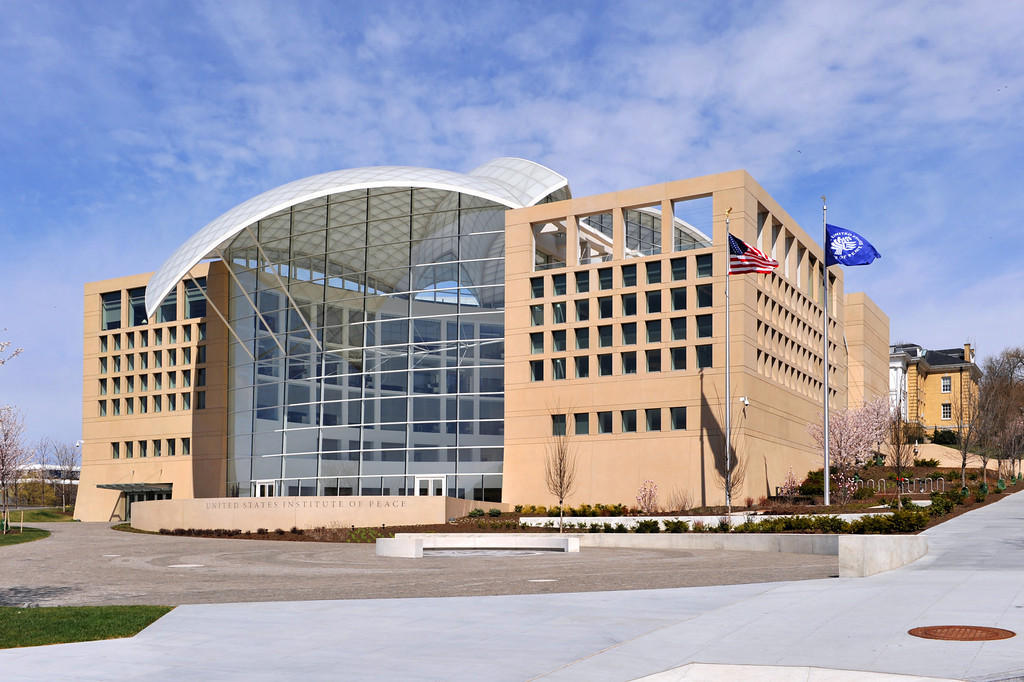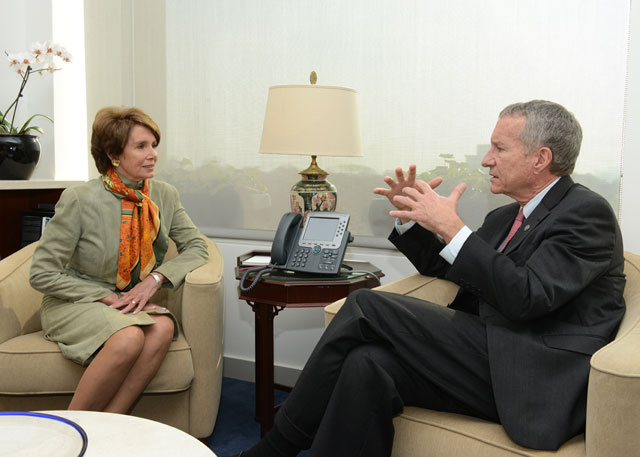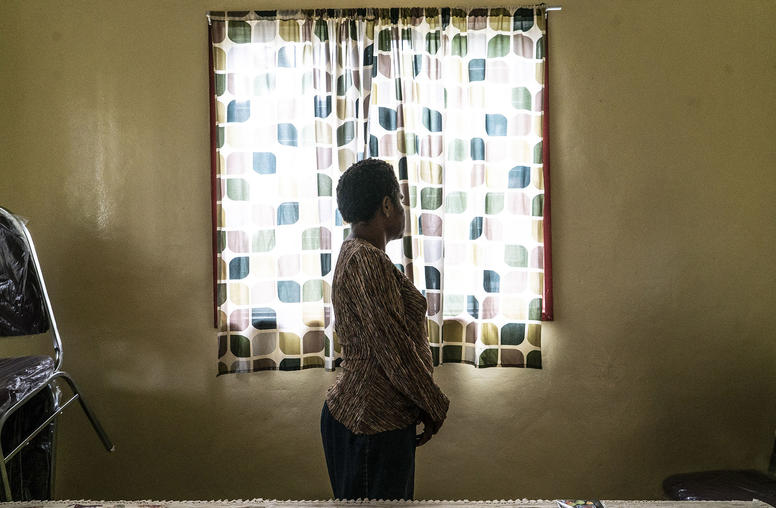TEDxWomen’s 'Space Between' is Familiar Territory to USIP
“The Space Between,” the theme of TEDXWomen 2012, is familiar territory for the U.S. Institute of Peace, said Ann-Louise Colgan, the director of USIP’s Global Peacebuilding Center, in closing remarks for the event this past weekend. The Paley Center for Media hosted TEDXWomen at USIP’s headquarters in Washington D.C. on Nov. 30 and Dec. 1, with the co-sponsorship of the Institute.

“The Space Between,” the theme of TEDxWomen 2012, is familiar territory for the U.S. Institute of Peace, said Ann-Louise Colgan, the director of USIP’s Global Peacebuilding Center, in closing remarks for the event this past weekend. The Paley Center for Media hosted TEDxWomen at USIP’s headquarters in Washington D.C. on Nov. 30 and Dec. 1, with the co-sponsorship of the Institute. It was the third in a series of conferences bringing together talented and inspiring women and men to challenge traditional gender roles and spotlight groundbreaking advances in topics ranging from autism to violence against women.
USIP President Jim Marshall, pictured here with Congresswoman Nancy Pelosi at the event, welcomed conference attendees on Friday evening.

Manal Omar, director of the Iraq, Iran and North Africa programs at USIP, spoke at a luncheon session on the need for political participation by women in the countries of the Arab Spring, including helping write the new constitutions that will establish the frameworks for the rapidly changing nations.
USIP works in “The Space Between” by forging human connections, facilitating dialogue and fostering partnerships to manage conflict without violence and to build peace, Colgan told the audience as the event closed. The work takes place not only in Washington but in some of the toughest conflict zones on earth.
The Global Peacebuilding Center works with young people, mostly middle school and high school students, to help connect them to global issues and develop their potential as the next generation of peacebuilders. Colgan said young women at the event approached her afterwards to express interest in USIP’s work with youth. “They were eager to learn more,” she said.



